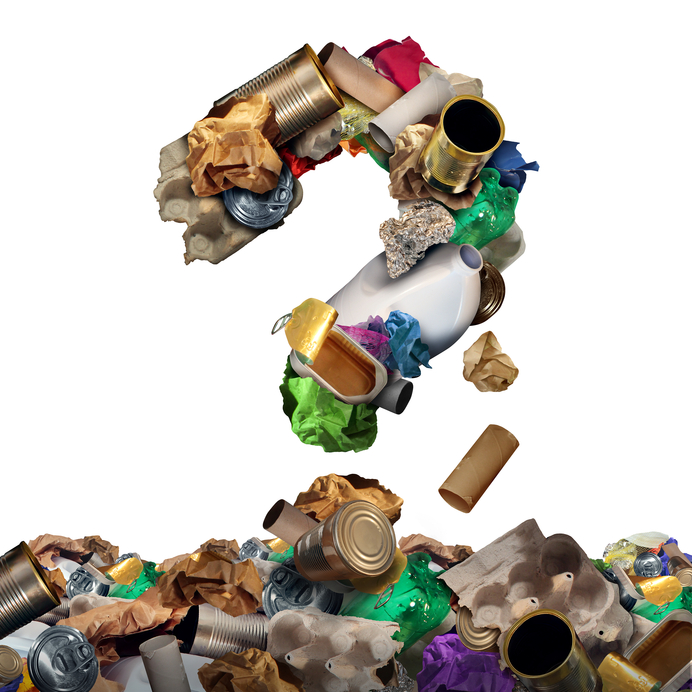In August, our Daily Advisor covered the story of Welch Environmental Group—a South Carolina company indicted for Resource Conservation and Recovery Act (RCRA) and Clean Air Act (CAA) violations after the company was caught melting spent ammunition from firing ranges in open cauldrons in the South Carolina woods. Prior to his indictment, company president Glenn Welch claimed to have “revolutionized” the lead removal industry with his newly invented lead-recovery technique. Like many things that are too good to be true… It was.

|
But Welch was far from the only person selling his customers an environmental compliance bill of goods. Here’s how some other shady operators have been ripping off businesses and taxpayers alike—and how you can protect yourself.
Waste Disposal Fraud
In July, 2016, David Frisby was sentenced to 18 months in prison for defrauding scrap metal brokerage firms. Frisby and his coconspirators claimed to be representatives of a scrap metal recycling firm that was authorized by the U.S. Environmental Protection Agency (EPA) to dispose of batteries and metal waste by shipping it to Korea. In reality, Frisby and his coconspirators were not authorized by the EPA to provide scrap metal recycling services and never intended to provide such services. The targeted firms paid more than $144,000 for services that were never provided.
To lend credibility to his scheme, Frisby made use of his former position as chief executive officer of D&L Heritage Enterprises, Inc., a Mississippi-based scrap-metal supplier. Frisby provided his coconspirators with D&L Heritage incorporation documents that were fraudulently altered and e-mailed to victims. Victims transferred money to bank accounts maintained by Frisby, who retained a portion of the funds for his personal benefit and transferred the remainder to his coconspirators overseas.
In addition to the prison term, Frisby was ordered to pay $144,216 in restitution to those he defrauded.
Don’t Fall for It
In the Welch Environmental Group case and the David Frisby case, businesses were paying for EPA compliant waste disposal services that they weren’t getting—Welch wasn’t providing anything remotely resembling EPA-compliant disposal, and Frisby ultimately wasn’t providing anything at all. How can you avoid falling for similar deceptive promises?
The Federal Bureau of Investigation (FBI) offers these tips for avoiding this and other “nondelivery of merchandise” schemes:
- Make sure you are purchasing merchandise from a reputable source.
- Do your homework on the individual or company to ensure that they are legitimate.
- Obtain a physical address rather than simply a post office box and a telephone number, and call the seller to see if the telephone number is correct and working.
- Send an e-mail to the seller to make sure the e-mail address is active, and be wary of those that utilize free e-mail services where a credit card wasn’t required to open the account.
- Consider not purchasing from sellers who won’t provide you with this type of information.
- Check with the Better Business Bureau from the seller’s area.
- Check out other websites regarding this person/company.
- Don’t judge a person or company by their website; flashy websites can be set up quickly.
- Be cautious when responding to special offers, especially through unsolicited e-mail.
- Be cautious when dealing with individuals/companies from outside your own country.
- Inquire about returns and warranties.
- If possible, purchase items online using your credit card, because you can often dispute the charges if something goes wrong.
- Make sure the transaction is secure when you electronically send your credit card number.
- Consider using an escrow or alternate payment service.
Tomorrow we’ll look at the booming business of selling fraudulent environmental credits—and how you can reduce your exposure.
